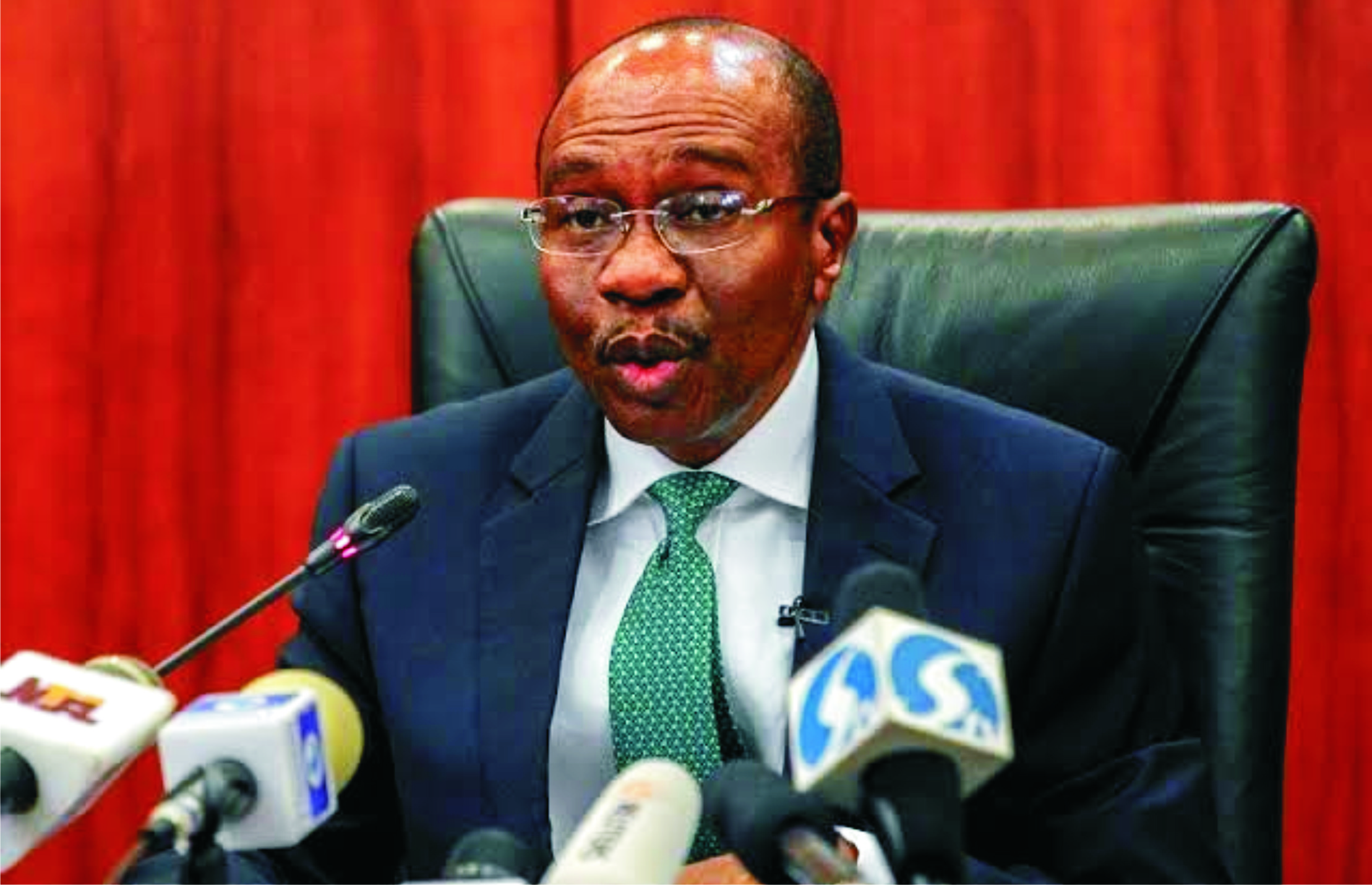Business
Expert Faults CBN’s Ban Of FX Sale To BDC

An economist and lecturer at the Department of Economics, Federal University, Wukari in Taraba State, Dr Emma Okeh, has criticised the Central Bank of Nigeria’s (CBN) ban on the sale of Foreign Exchange (FX) to the Bureau De Change (BDC)
The university don chided the Federal Government for doing ‘trial and error’ with the nation’s monetary policy through the CBN.
He said that the possibility of the Federal Government reversing the policy in a couple of months was high, adding this will trigger inflation in the market.
Okeh, while interacting with the aviation correspondents in Port Harcourt, last Friday, noted that the economy was already dollarised, saying the new policy will reduce the circulation of dollar in the local economy and increase the prices of goods in the market.
“The response of prices will be instantaneous, particularly on items like electronics, because sellers will anticipate an increase in the cost of importing new items”, he said.
The economist also said the policy might lead to hoarding of foreign currencies, as some of the Bureau De Change operators may be privy to the decision to ban sales to them.
“Traders will anticipate an increase, in the short run, the commodity market will respond. This affects all the sectors on the immediate. People will react. The economy is dollarised already. The circulation will dwindle. Some are waiting for this policy to make profit. Some could be privy to this information. Hoarding will be an issue. This will be a big blow to the economy.
“Before you carry out any policy, it is expected you put a few things in place. Putting this policy out, what are the regulations put in place to regulate prices?
“This administration has been doing trial and error. In the long run, the economy is still oil-dependent. As you continue to import items, the demands for dollar and other currencies will continue to increase against the Naira.
“In the next couple of months, the policy will probably be reverted. The aftermath has not been well evaluated”, Okeh posited.
According to him, inflation in Nigeria stands at 17.75% in the month of July and scarcity of Forex Exchange in the parallel market could lead to higher demands with the resultant effect on commodities.
Most goods, he said, were imported into the country, hence, the demand for certain foreign currencies will increase and ultimately affect the prices of imported goods.
“Before this announcement of BDC, we already had spikes in the prices of vehicles. With this ban, only God can tell”, he said.
The CBN governor, Godwin Emefiele had, last Tuesday, announced the ban of sale of FX to BDC in an effort to sustaining the gaps in the foreign currency market.
According to Emefiele, the BDC are now agents that facilitate graft and curruption in the country, and that CBN can not continue with the bad practice.
Business
Fidelity Bank To Empower Women With Sustainable Entrepreneurship Skills, HAP2.0
Business
President Tinubu Approves Extension Ban On Raw Shea Nut Export
Business
Crisis Response: EU-project Delivers New Vet. Clinic To Katsina Govt.
-

 Education5 days ago
Education5 days agoElga boss tasks law students on academics strides
-

 News2 days ago
News2 days agoAmend Constitution To Accommodate State Police, Tinubu Tells Senators
-

 Politics2 days ago
Politics2 days agoSenate Urges Tinubu To Sack CAC Boss
-

 News2 days ago
News2 days agoDisu Takes Over As New IGP …Declares Total War On Corruption, Impunity
-
Business2 days ago
President Tinubu Extends Raw Shea Nuts Export Ban To 2027
-
Business2 days ago
Crisis Response: EU-project Delivers New Vet. Clinic To Katsina Govt.
-
Business2 days ago
President Tinubu Approves Extension Ban On Raw Shea Nut Export
-

 Business2 days ago
Business2 days agoPENGASSAN Rejects Presidential EO On Oil, Gas Revenue Remittance … Seeks PIA Review

